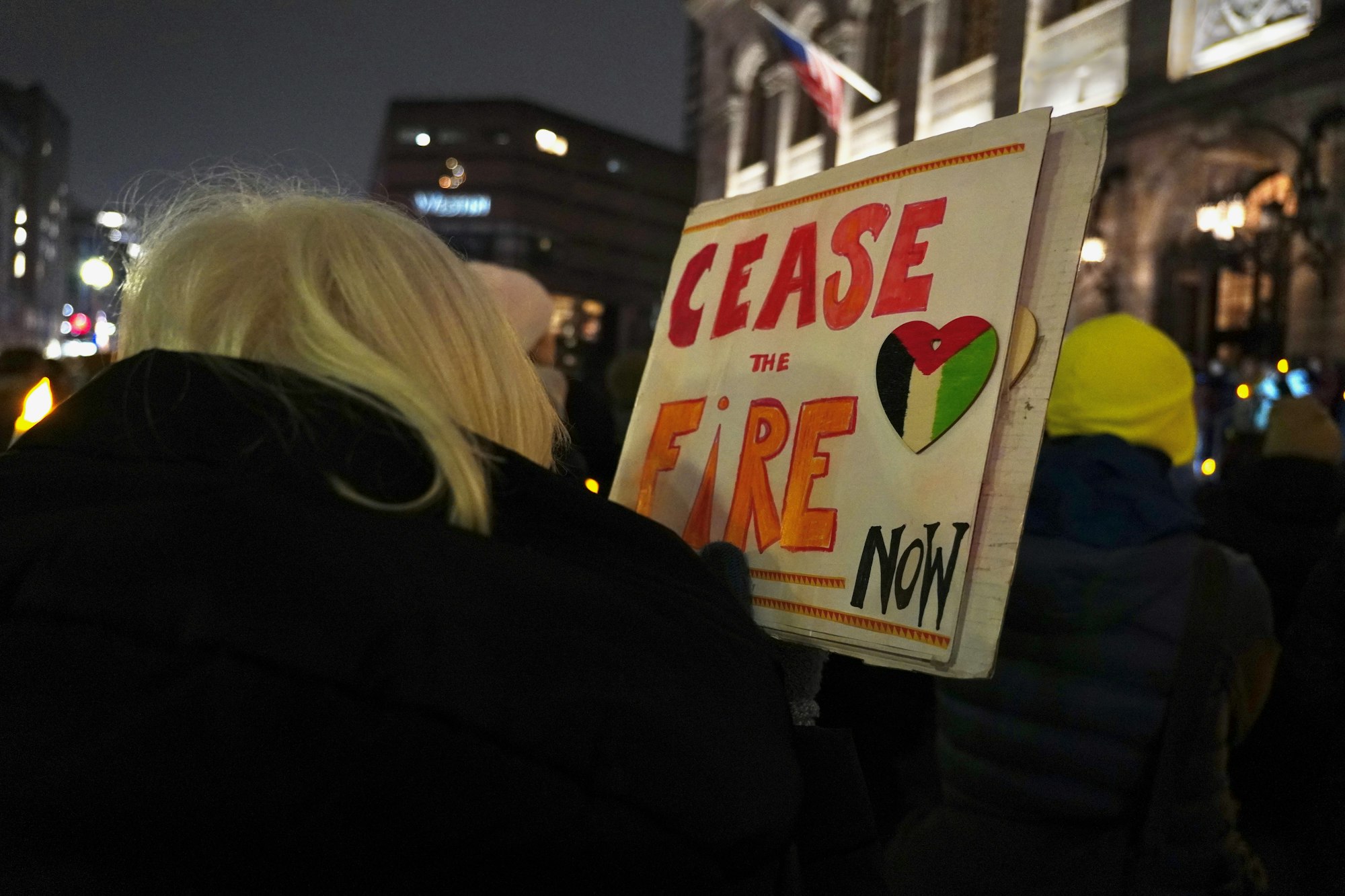South Africa's Moral Victory Against Israel
Since there is no 'policing' of the ICJ ruling against Israel, the rogue nation is still free to commit more crimes at large in the Gaza strip and in the West Bank. South Africa can't act

In a significant legal development, South Africa has initiated legal proceedings against Israel at the International Court of Justice (ICJ) in The Hague and won the case.
It accuses the rogue nation of genocide in its military operations in Gaza. The lawsuit, filed on December 12, 2023, specifically targets Israel's brutal military assault, with a focus on the well-being of nearly 10,000 children caught in the conflict. The ICJ has scheduled the first hearing on this case for January 11-12, 2024.
Support for South Africa's legal action has surfaced from various quarters, including countries like Bolivia, Bangladesh, Comoros, and Djibouti, along with backing from global advocacy groups and civil society organizations. The lawsuit underscores the gravity of the situation and positions the ICJ as the forum to address alleged violations of international law by Israel.
ICC and ICJ
It is crucial to distinguish the ICJ from the International Criminal Court (ICC), as their mandates differ. While the ICC prosecutes individuals for committing crimes, the ICJ deals with cases involving states.
South Africa's focus on genocide at the ICJ aligns with its legal strategy, whereas the ICC pursues cases against individuals, such as the ongoing proceedings against Ahmad Al Faqi Al Mahdi for war crimes. Importantly, the ICC requires the presence of the accused during trials, and the Al Faqi Al Mahdi case awaits his arrest or voluntary appearance.
Key players critical of South Africa's legal stance against Israel are notably part of its legal team, adding complexity to the situation. The Supreme Court of Appeal in South Africa has affirmed the country's obligation to cooperate with the ICC and to arrest and surrender the accused parties.
The anticipated outcome of the ICJ hearing hinges on several factors:
- Preliminary Objections: The ICJ will initially assess any objections raised by Israel, including jurisdiction and whether South Africa has standing to bring the case.
- Judgment on Merits: If preliminary objections are dismissed, the ICJ will proceed to evaluate the merits of the case. This process might extend over several years, during which the court could issue provisional measures. The specific measures, however, are yet to be determined.
- Legal Determination: Importantly, the case does not entail criminal proceedings against individuals but seeks a legal determination of state obligations under the Genocide Convention. If the majority of ICJ judges find Israel in violation of international law, the nation would be obligated to comply with the court's decision.
Enforcement?
This legal action by South Africa is part of a broader strategy, which includes recalling its ambassador from Israel and referring the plight of Palestinians to the ICC.
The outcome of the ICJ hearing is pivotal in determining the legal standing of South Africa's claims against Israel and may have far-reaching implications for the ongoing conflict in Gaza. But the big problem in such cases, despite the moral victory, is the enforcement. Which country will act as the policeman to 'arrest' the Israelis now guilty of war crimes?
